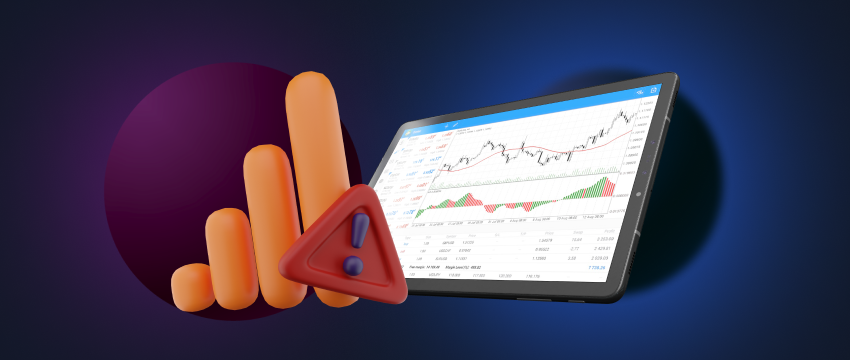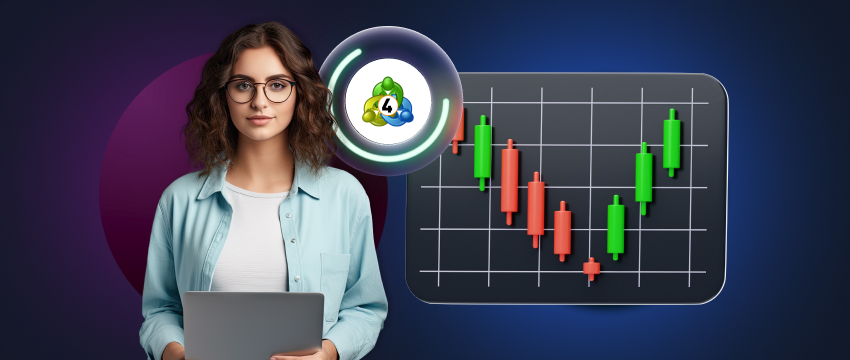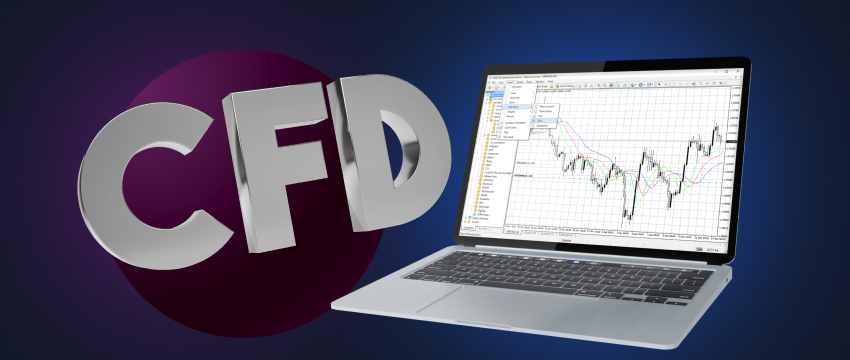Forex trading remains a popular way to earn gains, attracting both seasoned traders and newcomers across the globe. However, while trading forex offers great potential of financial reward, it does also come with a significant level of risk.
In this blog, we’ll explore the various aspects of forex trading and explore its inherent risks that traders should be aware of.
A volatile market
The forex market is a highly volatile space which makes forex trading inherently risky. Currency prices often experience rapid and unpredictable fluctuations, largely due to geopolitical instabilities, economic news and releases, industry shifts, market sentiment, etc. While volatility offers the opportunity for a trader to make a profit, it also has the potential to magnify losses, particularly if market conditions move against their positions.
This is why having a robust understanding of the forex market and the factors that impact it is so crucial. It also makes the implementation of risk management strategies even more vital to safeguard ones capital.

Using leverage and margin
Leverage is widely used in forex trading because it enables traders with smaller budgets to handle larger positions. But leverage is a double-edged sword because while it can amplify wins significantly, it can also lead to substantial losses.
This makes it important for traders to learn how to manage leverage and adopt effective risk management techniques to reduce forex losses.
What is leverage?
Leverage is essentially funds that a trader borrows from a broker. This enables the trader to open larger positions in a currency, more than what their account balance would typically permit.
Should the price of that currency move in a favourable direction, leverage will magnify the return. However, should prices move in an adverse direction, the loss becomes amplified as a result.
What is margin?
The amount a trader can leverage is based on their margin requirement. This is the amount of funds a trader needs to have in their trading account in order to open and maintain a position. If the margin level falls below a certain threshold however, a margin call is triggered.
This means the trader is required to either deposit additional funds into their account or close a position/s. Failure to meet a margin call may result in the automatic closure of some or all of the trader’s positions by the broker.
The importance of staying informed
Forex trading is highly speculative, with a focus on short-term, high risk execution of trades. The trader is more concerned about the price movement of an asset, and will either go long or short depending on the speculated rise or fall of the asset’s price.
Speculation is however based on various factors, be this market trends or sentiment or macroeconomic indicators, amongst others. Traders must therefore stay informed on global news and events and conduct thorough research and technical analysis, to reduce the risk of uninformed and consequently poor trading decisions.
What is technical analysis?
Technical analysis refers to the study of price movements. It is largely based on the concept that a trader can predict future price movements of specific assets based on historical price fluctuations and patterns. Traders will use a variety of technical analysis tools to make trading decisions like Bollinger Bands, Moving Average Indicators, Oscillators, etc. They will also study charts to find patterns or trends before entering or exiting a trade.
When is a fundamental analysis used?
Forex traders may also make use of fundamental analysis from time to time. This will entail the trader monitoring events like central bank announcements that could impact currency values, and tracking key market-moving economic indicators such as interest rates, inflation rates, trade agreements, GDP, unemployment numbers, etc.
A fundamental analysist will also consider factors like geopolitical instabilities and their influence on a country’s overall economic health or potential for currency devaluation.
Regardless of which method of analysis a trader uses, keeping up-to-date with global economic developments and updating one’s trading strategy accordingly is key to success.
Managing your trading psychology
The fact that forex trading is highly risky means it has a massive impact on one’s psychology. Trading forex can be incredibly stressful and trading decisions driven by fear or even greed can result in adverse outcomes. This is why successful traders are those who cultivate discipline and emotional resilience when faced with challenging market conditions. So how does one mitigate the risk associated with forex trading without letting emotions cloud judgement, leading to impulsive actions?
- Build a trading plan with longegivity. Ensure the plan aligns with your goals, budget, and tolerance for risk.
- Apply effective risk management techniques like stop-loss or take-profit orders to protect your money and limit losses.
- Don’t overtrade or chase losses. These actions are largely driven by feelings of anxiousness, worry or even arrogance and over-confidence. But they can be detrimental to your trading performance and the safety of your funds.
- Be mindful when it comes to using leverage. It can significantly increase the risk of losses, particularly when not handled properly or used excessively.
- Consider automated or algorithmic trading. Automation reduces the human factor in trading. It’s based on preestablished rules and criteria, and the opening/closing of trades is triggered once particular thresholds are reached.
Successful trading often involves patience and a rational, well-thought-out approach to decision-making. Focus on quality over quantity and get a handle on your psychology to get the trading results you want or need.

Managing forex trading risk
Opening a demo trading account
Regardless of how experienced a trader you are, a demo trading account can help you learn how to manage forex trading risk better. Whether you’re new to trading or someone with extensive expertise, a demo account provides a way to boost your trading skills and broaden your scope of knowledge to manage risk.
Using virtual funds, you can test your trading strategies in a simulated trading environment that also offers real market conditions. In this way, you can identify the effectiveness of your strategies, and make improvements where needed. You can practice using technical or fundamental analysis to enter and exit trades and study the outcomes.
This will help you optimize future trading decisions. Over time, you will improve your trading capabilities and acquire the expertise needed to move to live trading with confidence.
Ongoing learning
In addition to opening a demo trading account to practice trading, consider investing a portion of your time in ongoing learning. Educational trading resources are abundant all over the internet, many of them free to access and use.
By broadening your scope of knowledge through information on the fundamentals of forex trading, strategies, and concepts, you’ll inevitably become a more skilled trader. Equipping yourself with tips and insights from other skilled traders or forex brokers will also help you reduce the risk of large losses.

Trading with T4Trade
T4Trade offers traders a flexible trading environment through which they can trade 300+ financial instruments from 6 asset classes. This includes shares, indices, forex, futures, metals and commodities. T4Trade traders can choose from multiple trading accounts that cater to their specific needs, objectives and level of expertise. Traders can also enjoy flexible leverage, competitive spreads, fast withdrawls and depositis, and quick trade executions.
A top-tier multilingual customer support team is also available 24/5 to address any of your trading concerns via email or Live Chat. T4Trade also offers traders access to exclusive forex and CFD related content to help you become a better trader. Through the T4Trade Academy, you can consume videos-on-demand, podcasts, webinars, ebooks and even Live TV.
Disklaimer: This material is for general informational and educational purposes only and should not be considered investment advice or an investment recommendation. T4Trade is not responsible for any data provided by third parties referenced or hyperlinked in this communication.




